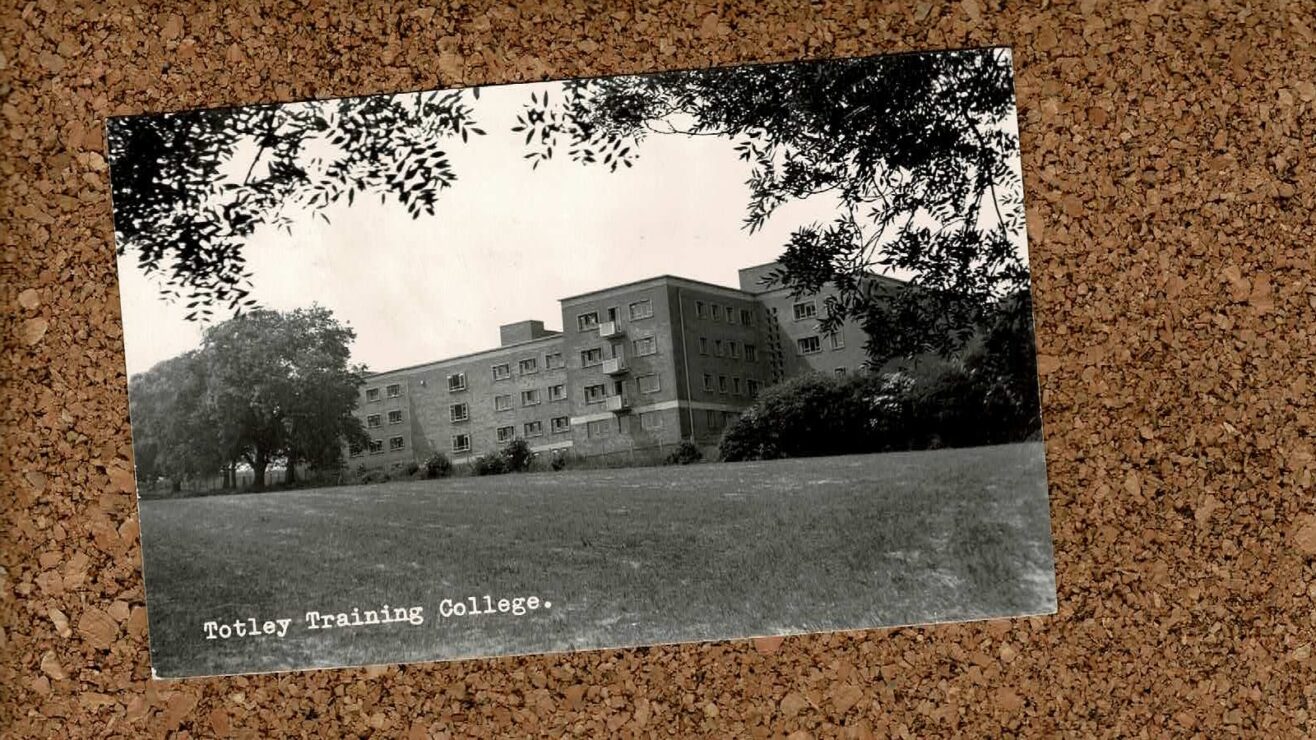The popular imagination’s archetype of the student has remained remarkably consistent over the last fifty years.
Ten minutes on TikTok will conjure up the beer-swilling frivolity and clandestine nerdiness of Starter for 10 or the chaotic house share arrangements and endless student scrapes Fresh Meat – neither so far away from those that the cast of The Young Ones enjoyed back in the eighties.
Neither the Covid pandemic nor the ongoing pressures on cost of living has managed to shake the view that the student experience involves leaving home at eighteen in search of a little more education, and a lot more freewheeling independence.
Prospective students’ perception of university are influenced by those stereotypes – and may find them more offputting than appealing. At one of the focus groups we conducted in Doncaster for the UPP Foundation’s inquiry into widening participation one 17 year old put it:
I want to go to uni, to live on my own and to get drunk all the time, like the uni party lifestyle, not for the degree, right? But then, if I do it just for that, then I’m getting into debt.
To those living in higher education cold spot areas like Doncaster, where there are few graduate-level jobs available, higher education stacks up as a bad bet. Young people can’t justify spending all that money on what looks from the outside like a three-year bender, if it won’t lead to a better job back home.
Pay as you go
Current students, however, have a more nuanced view. The latest report in the UPP Foundation inquiry explores the experiences of today’s students, drawing on focus groups held in the city of Nottingham, and shows that while they find the social aspect of their courses the most fulfilling in terms of enjoyment and personal development, they are having to weigh their own fun against the costs of study and the imperative to graduate into secure and well-paid graduate jobs. Unlike the living-in-the-moment hedonist student archetype, students are clear that the “point” of higher education is to gain skills and qualifications for their careers, and this focus creates pressure to make their experience “worth it.”
Those who have maintenance loans say that they are nowhere near enough to cover living costs. The majority we spoke to have part-time jobs, or some other kind of money-making “side hustle” which impinge on their ability to take part in the socialising and extra-curricular activity they value. Even those receiving some help from parents spoke to us about stiff competition for part-time jobs and months of searching for work to finance their experiences of student life. For these students, there was a keen sense that if they wanted to have a little fun while at university, then it was their responsibility to earn the money to facilitate that, not their parents’:
I don’t expect my parents to have to pay for me when I want to go out to eat…that’s kind of why I want to work, to be able to maintain my social life, because that’s not my parents’ job at all.
The past few years have seen a notable increase in numbers of commuting students, and this was a clear theme in our research. Some students were living a considerable distance from campus and commuting in as needed; either living independently in locations cheaper from campus or staying at home to save on rent. With many of these students falling through the cracks in the maintenance loan system or unable to rely on family members for financial help, the commuter students we spoke to told us about enduring 5.00am drives to nursing placements and the vagaries of provincial bus schedules as they try to balance their studies with an affordable lifestyle.
Not all of them had intended to commute, but had found on-campus residential life too expensive or too logistically complicated – and some added that they valued the skills and qualities their commuter experience had given them. But for these students, too, the social and extracurricular aspects of the student experience fall by the wayside. As one university sports club president explained to us of his commuter student friends:
Commuting means you’ll only come into campus when you really need to be there, so you don’t really get to make friends on your course, or you don’t really get to go and do sports and stuff, because there’s no point in you coming all the way just for two hours of football.
One hand in my pocket
It really was not that long ago that maintenance grants were the norm and student life was cheap and cheerful. Policymakers, and possibly even some university leaders may still unconsciously think in those terms. But that model of student life is eroding, leaving too many on the wrong side of a bifurcated student experience in which some get to realise all the social fulfilment and enjoyment of traditional university life, while others cling on by their fingertips.
There are two possible responses to sustaining this broad-based student experience that the 2019 Augar review of post-18 education and funding called “a deep-seated part of English culture”: either the core curriculum must be expanded or the cost of accessing student life must be reduced. Taking either of these paths involves difficult and costly political and economic trade-offs. It won’t be cheap, but as any undergraduate will tell you, students are experts at making a little go a long way.














Download link for Fulfilment and outcomes needs adding at the end by ‘here’?